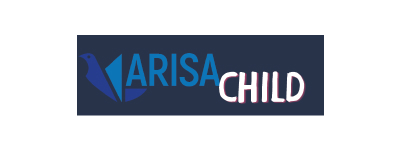
ARISA Child
Assessing the Risk of Isolation of Sentenced and Accused: Enhancing the Capacity of Correctional Services to Work with Convicted Children
Sport and physical activity learning environment for citizenship, emotional, social and e-competences training
Portfolio
Project design
IPS_Innovative Prison Systems
Timeframe
12/2018 – 12/2021 (36 months)
Get in touch
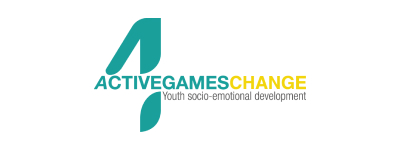
This project focuses on the importance of embedding sport and physical activity in correctional settings as an effort to promote the inmates’ physical, mental health and well-being while contributing to social control and reducing reoffending, as an offender management tool that could strengthen their rehabilitation process.
ActiveGames4Change will support young offenders (in custody and under community supervision) in the acquisition and usage of key competencies to facilitate inclusion, education and employability, by developing an innovative framework of learning environments and materials.
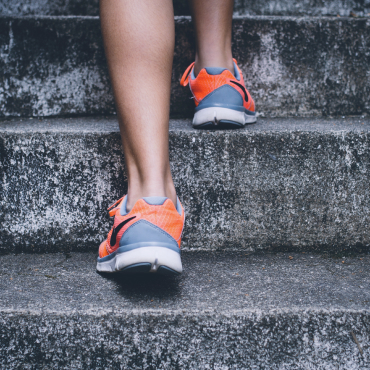
Improve the quality and level of attractiveness of educational training for youth in custody by developing a more attractive learning environment using sports and physical activity.
Improve skills, including social and civic participation and e-skills, acquired through non-formal and informal learning, particularly those related to the need for continuous self-learning, readiness for the new IT-related jobs, and development of digital talents (The e-Skills Manifesto for 2014, EC).
Increase the level of social inclusion and employability of young offenders by introducing key competencies (social, emotional and e-skills) and active citizenship values in their training programme through the ActiveGames4Change Method.
Improve the social and citizenship literacy by transferring, adapting and validating guidelines, methodology as well as exercises and training materials necessary to introduce the concept of “ActiveGames4Change” in juvenile (re)education centres.
Development of a methodological framework for the project and pedagogical tools
Design of the ActiveGames4Change Toolbox
Monitoring and evaluation of the project implementation.
Creation of apps and software to support the development of the project ActiveGames4Change
Piloting the project
Validation and fine-tuning

Assessing the Risk of Isolation of Sentenced and Accused: Enhancing the Capacity of Correctional Services to Work with Convicted Children
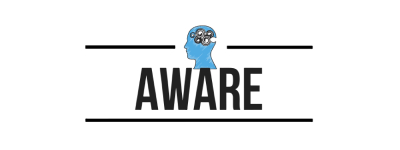
Cross-sectoral awareness building on mental health needs in the criminal justice system and on release

European Interaction Guidelines for Education Professionals when working with Children in Juvenile Justice Contexts
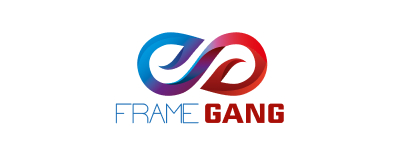
European Framework of Competences for Community Professionals in Gang Environments
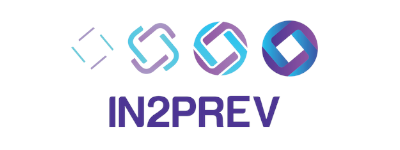
Law enforcement and community cooperation and training approach to prevent radicalisation by ensuring refugees’ successful inclusion
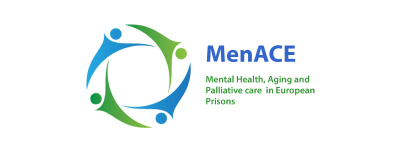
Mental health, ageing and palliative care in European prisons
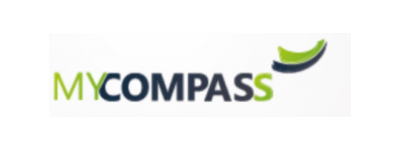
Key Competencies for Minor Offender Reintegration
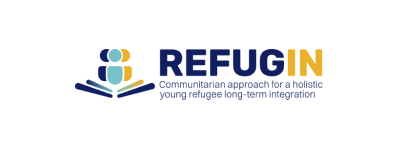
Communitarian approach for a holistic young refugee long-term integration
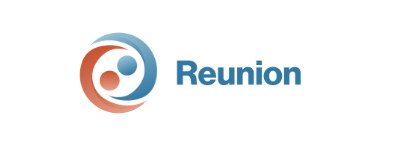
Rehabilitation of foreign inmates within the scope of FD 2008/909/JHA